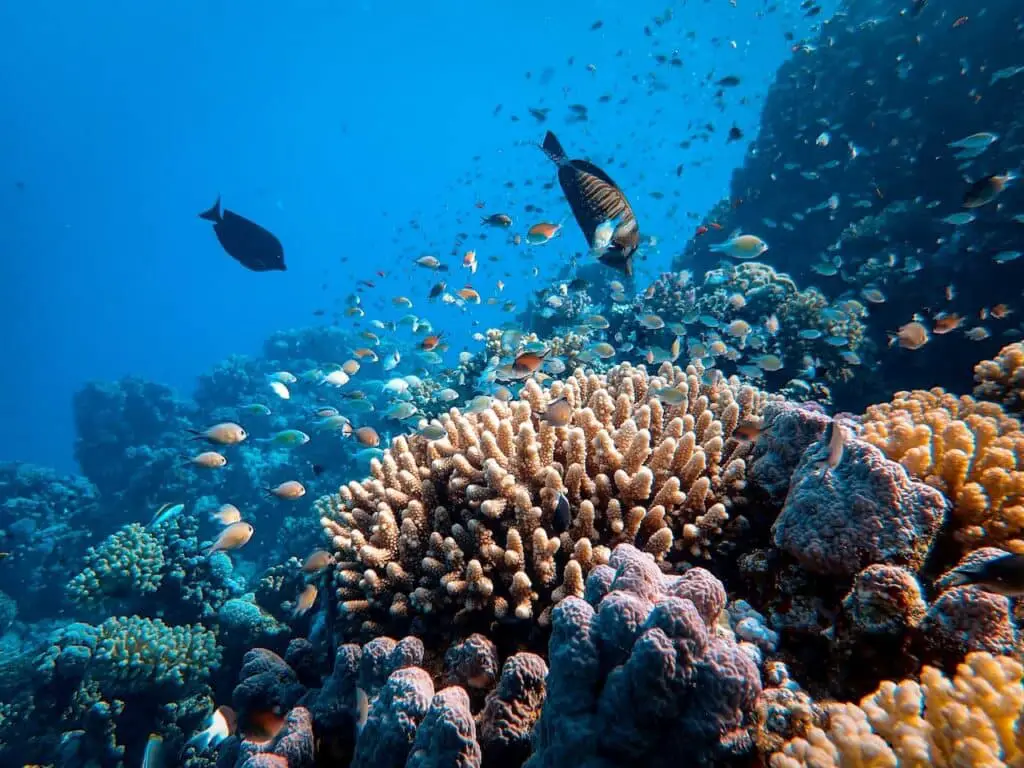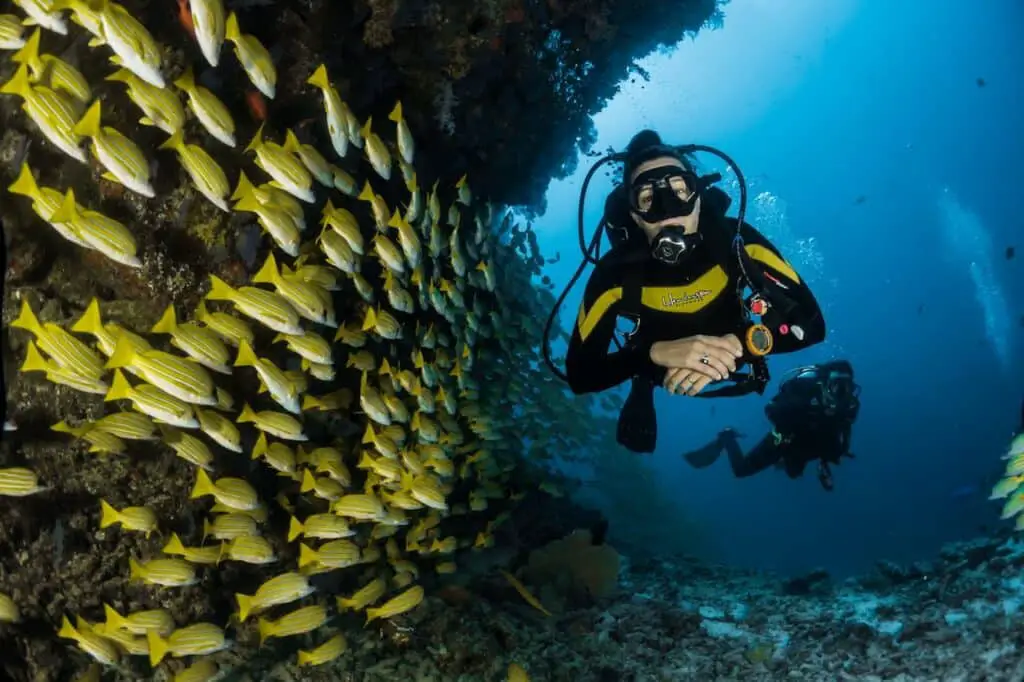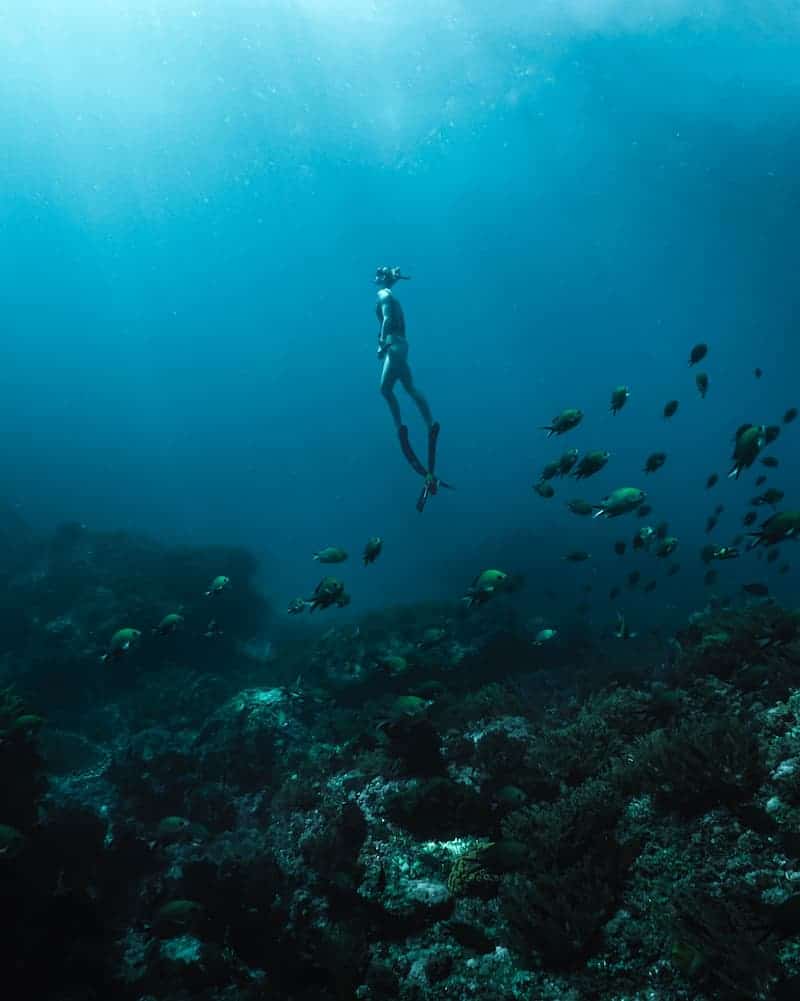Protecting Coral Reefs
Coral reefs are under threats from many sources. The most serious of these are closely related to the rapid growth of human populations , particularly in coastal areas that house coral reefs.
There is not much the average diver or snorkeler can do about such things as global warming or ocean acidification. However, numerous scientific studies have unambiguously shown that dive tourism can also be a source of coral reef damage and other ecosystem impacts.
Further, it is also clear that there are a few things that the average coral reef explorer can do to ensure that their visits to coral reefs do not contribute to the problems already faced by these ecosystems.



